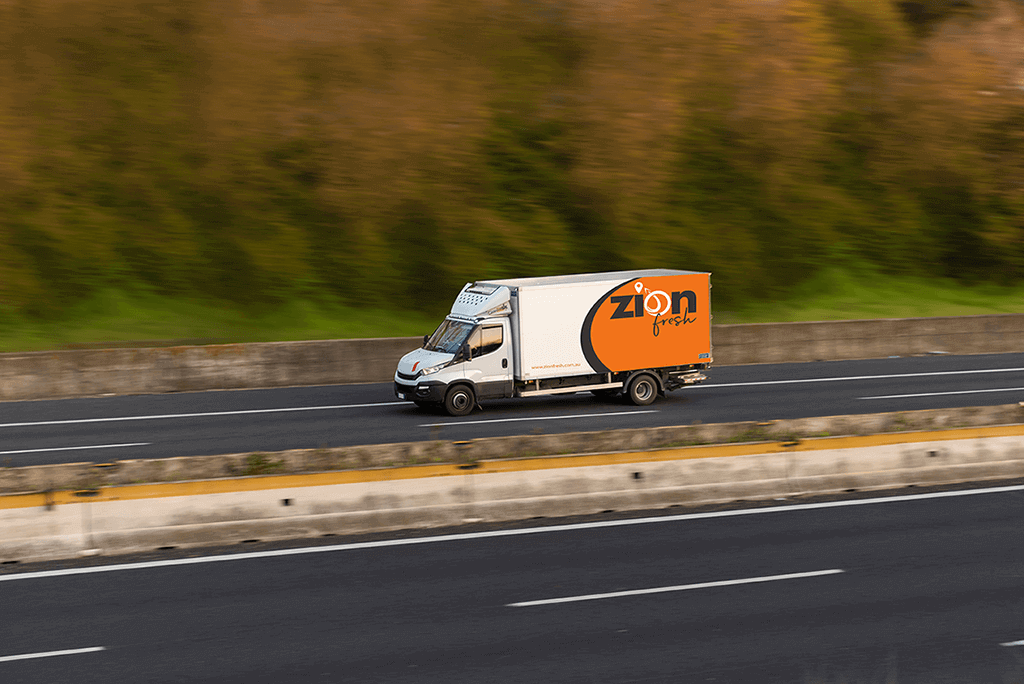A Guide to Transporting Refrigerated or Frozen Food in Australia

In Australia's vast and diverse landscape, transporting refrigerated or frozen food is critical to the supply chain. Whether you're a food manufacturer, distributor, or retailer, ensuring the integrity of perishable goods during transportation is vital to meet consumer demands and maintain food safety standards. In this article, we'll explore the ins and outs of frozen and refrigerated transport in Australia, covering essential information such as refrigerated transport rates, reputable transport companies, and the intricacies of interstate refrigerated transport.
Understanding the importance of proper refrigerated transport
Maintaining the cold chain from the point of origin to the final destination is crucial to prevent spoilage and uphold the quality and safety of frozen and refrigerated food. Temperature-sensitive products, such as seafood, dairy, and fresh produce, can quickly degrade if exposed to improper storage conditions during transit. Hence, investing in reliable refrigerated transport becomes a necessity.
Key considerations for frozen transport in Melbourne
As a major hub for commerce and trade, you require efficient frozen food transportation in Melbourne to cater to the bustling food industry. When searching for a suitable transport provider in Melbourne, consider the following factors:
- Reputation: Look for established companies with a proven track record of handling frozen goods and delivering on time.
- Fleet and Equipment: Ensure the transport company operates a well-maintained fleet of refrigerated vehicles equipped with advanced temperature control technology.
- Compliance and Certifications: Verify that the transport provider adheres to all relevant industry regulations and holds necessary certifications for transporting perishable goods.
Unravelling the mystery of refrigerated transport rates
The cost of refrigerated transport can vary depending on several factors, including distance, load size, and required temperature settings. It's essential to balance quality of service with affordability. Request quotes from multiple reputable transport companies to compare rates and find the best value for your specific requirements.
Navigating interstate refrigerated transport
Interstate transportation introduces additional challenges due to varying climates and longer distances. To ensure a smooth process, consider the following tips:
- Optimal Packaging: Use appropriate insulated packaging to minimize temperature fluctuations during the journey.
- Real-time Tracking: Choose a transport company that offers real-time shipment tracking, providing updates on your goods' location and condition.
- Backup Plans: In case of unforeseen delays, collaborate with the transport company to establish contingency plans and alternative routes.
Transporting refrigerated or frozen food is a vital aspect of the food industry in Australia. By understanding the importance of proper refrigerated transport, considering key factors in Melbourne, unravelling transport rates, and selecting reputable companies for interstate transportation, businesses can ensure the integrity and freshness of their perishable goods. Always prioritize reliability, safety, and adherence to regulations when choosing a refrigerated transport partner, as it will ultimately impact your business's success and reputation in the industry.


